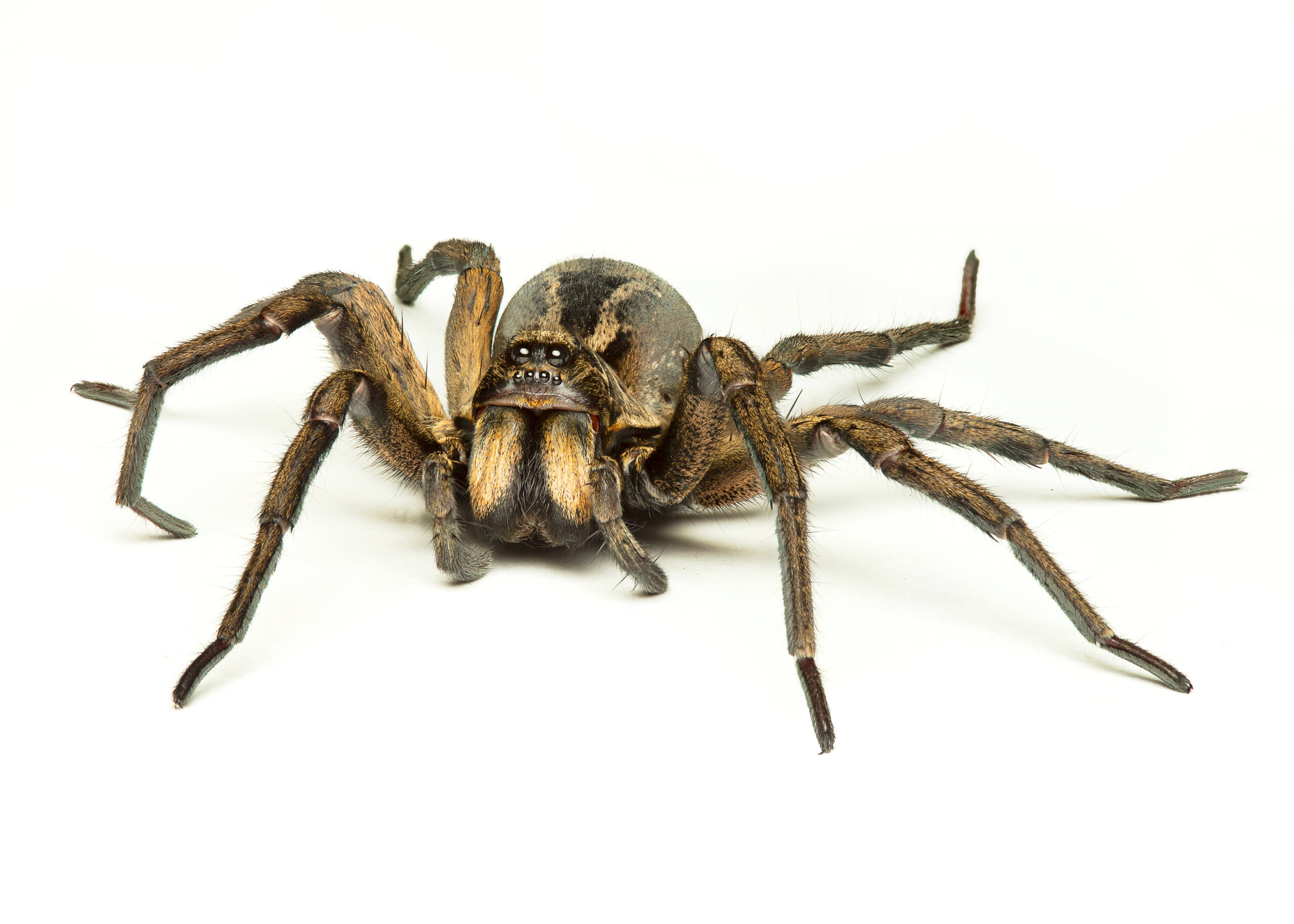1. About Spiders
Spiders are arachnids, not insects, and are found in nearly every habitat around the world. They play an important ecological role as natural pest controllers by feeding on insects, other arachnids, and sometimes small vertebrates. While most spiders are harmless and beneficial, some species, such as black widows and brown recluse spiders, can be dangerous to humans. Spiders typically build webs to trap prey, though some species, like jumping spiders, hunt actively.
2. How to Get Rid of Spiders
To control spiders in your home, begin by eliminating their food sources—other insects. Regular cleaning, especially in corners, basements, and attics, is crucial for reducing their presence. Insecticides can be effective, but they should be used with caution, especially in homes with pets or children. Seal entry points, such as cracks and gaps in windows and doors, to prevent spiders from coming inside. Using natural repellents like essential oils (peppermint, eucalyptus) can also deter spiders. For large infestations or dangerous species, professional pest control may be required.
3. Introduction
Spiders are common household pests that often go unnoticed until they create webs in corners or appear unexpectedly. While they generally prefer quiet, undisturbed areas, some species may wander into living spaces in search of food or mates. Most spiders are harmless and actually beneficial for controlling other pests, but certain types can pose health risks. Understanding the types of spiders in your home and how to deal with them can help you manage your environment more effectively.
4. Identification of Spider Species
There are over 35,000 species of spiders worldwide, but in most homes, you are likely to encounter a few common types. House spiders are typically harmless, while black widow spiders and brown recluse spiders are venomous and can be dangerous. Other common spiders include jumping spiders, wolf spiders, and orb-weaving spiders. Proper identification is important for determining if a spider poses a risk to humans and how best to manage it.
5. Behavior and Habitat
Spiders prefer dark, secluded areas, such as basements, attics, garages, and closets. They build webs in places that are quiet and undisturbed. Some spiders, like the wolf spider, are ground-dwelling and prefer to hide under rocks, logs, or other debris. Others, like jumping spiders, are more active and may be found moving around looking for prey. Spiders do not typically live in groups, although some species of spiders may form colonies or webs in proximity to each other.
6. Feeding Habits
Spiders are carnivorous and feed primarily on insects, which they capture using their webs or by hunting. Some spiders may eat other small animals, such as lizards or frogs, depending on their size. They immobilize their prey by injecting digestive enzymes and liquefying it, then consume the liquid. While spiders do not require large amounts of food, their predatory behavior helps control pest populations around the home.
7. Prevention and Protection
To prevent spiders from entering your home, seal cracks in windows, doors, and the foundation. Remove spider webs regularly and eliminate their food sources, such as other insects. Keeping the home clean and reducing clutter can help eliminate potential hiding spots. You can also use natural spider repellents, such as essential oils or vinegar, to discourage spiders from settling in your home. Ensure that outdoor lighting is directed away from the house to avoid attracting insects, which in turn attract spiders.
8. Methods of Control
For spider control, regular cleaning and web removal are essential. If you encounter venomous spiders like black widows or brown recluse spiders, it is best to contact a professional pest control service for safe removal. Non-toxic traps or insecticide sprays can also be effective for catching or killing spiders. For natural alternatives, try using essential oils like peppermint, eucalyptus, or citrus as deterrents. In severe cases, professional pest control services can eliminate larger infestations and ensure safety.
9. Environmental Impact and Ecology
Spiders play an important role in the ecosystem by controlling the population of insects. Without spiders, insect numbers would rise dramatically, potentially affecting plant pollination and other natural processes. Many spiders also serve as a food source for other animals. While they may be a nuisance indoors, their presence outdoors helps maintain a balanced environment. As such, spiders should not be eradicated without consideration of their ecological benefits.
10. Conclusion
Spiders, while often unwelcome in the home, are beneficial creatures that help keep insect populations in check. Most species pose little to no threat to humans, and with proper preventive measures, they can be kept at bay. For households with dangerous species, professional pest control is recommended. By understanding spiders’ behaviors and their role in the environment, you can safely coexist with these fascinating creatures and maintain a healthy, pest-free home.


